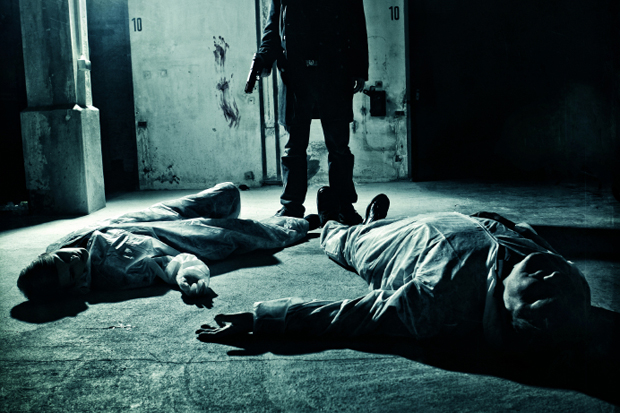Despite being well-travelled as the BBC’s world affairs editor, John Simpson doesn’t roam far from home in his spy thriller, Moscow, Midnight (John Murray, £20). Life and art intermingle, in both subject matter and character. The hero is named Jon Swift, a veteran journalist bristling under new media regimes. When government minister Patrick Macready is found dead — presumably from a solo sex game gone wrong — Swift takes it upon himself to clear up a few loose ends.
Already a subscriber? Log in
Subscribe for just $2 a week
Try a month of The Spectator Australia absolutely free and without commitment. Not only that but – if you choose to continue – you’ll pay just $2 a week for your first year.
- Unlimited access to spectator.com.au and app
- The weekly edition on the Spectator Australia app
- Spectator podcasts and newsletters
- Full access to spectator.co.uk
Or
Unlock this article
You might disagree with half of it, but you’ll enjoy reading all of it. Try your first month for free, then just $2 a week for the remainder of your first year.




![[Getty]](https://www.spectator.com.au/wp-content/uploads/2019/07/Whitby.jpg?w=620)









Comments
Don't miss out
Join the conversation with other Spectator Australia readers. Subscribe to leave a comment.
SUBSCRIBEAlready a subscriber? Log in